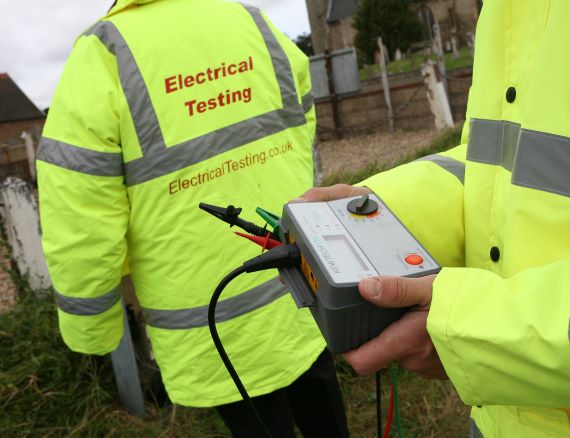“SCHOOL OF THOUGHT” ON ASBESTOS AND ELECTRICAL SAFETY

With the end of the summer term fast-approaching, Bureau Veritas is advising schools to kick off their annual holiday maintenance programmes with a focus on asbestos management and electrical safety.
Latest research shows that over 80% of schools across the UK have reported asbestos present in their buildings, with over seven million children at risk of exposure1. During the period 2006-2016, more than £10million in compensation was awarded to former pupils and members of staff exposed to asbestos in schools in England and Wales2.
In March 2018, the Department for Education introduced the Asbestos Management Assurance Process (AMAP), with the aim of collecting data on asbestos management in schools to ensure compliance with Health & Safety at Work Act 1974 and Control of Asbestos Regulations 2012. At present, almost a quarter of schools in the UK have failed to inform the government of how much asbestos they have present in their buildings and how they are managing the risk3.
Meanwhile, when it comes to electrical safety, schools are required to carry out routine checks on fixed electrical installations every six months and formal fixed electrical testing every five years. If there is a swimming pool on site, formal inspection and testing must be done every 12 months.
Michael Kenyon, Technical Manager at Bureau Veritas, said:
“Over the summer holidays many schools, colleges and universities will be embarking on their annual maintenance programmes. With an obligation to ensure that premises are safe for staff, pupils and visitors, our advice this summer is to pay particular attention to asbestos and electrical safety – ensuring robust checks and procedures are in place for effective management.
“In recent years, asbestos related deaths have increased significantly from an average of three per year during the 1980s to an average of 17 per year4. And given the government’s tougher stance on compliance, a lack of reporting suggests that many in the education sector may be unaware of their obligations in regards to asbestos management.
“Similarly, neglecting fixed electrical testing not only puts students, staff and visitors at risk in terms of their safety, but educational establishments could also face a hefty fine for failing to comply with Health & Safety at Work Act (1974) and Electricity at Work Regulations (1989). It is therefore imperative schools are doing everything they can in terms of electrical safety and to control and eradicate the serious risk posed by asbestos exposure.”
1,4 https://www.teachers.org.uk/edufacts/asbestos
2 https://www.bbc.co.uk/news/uk-england-38167560
3 https://www.bbc.co.uk/news/education-46961752












Responses